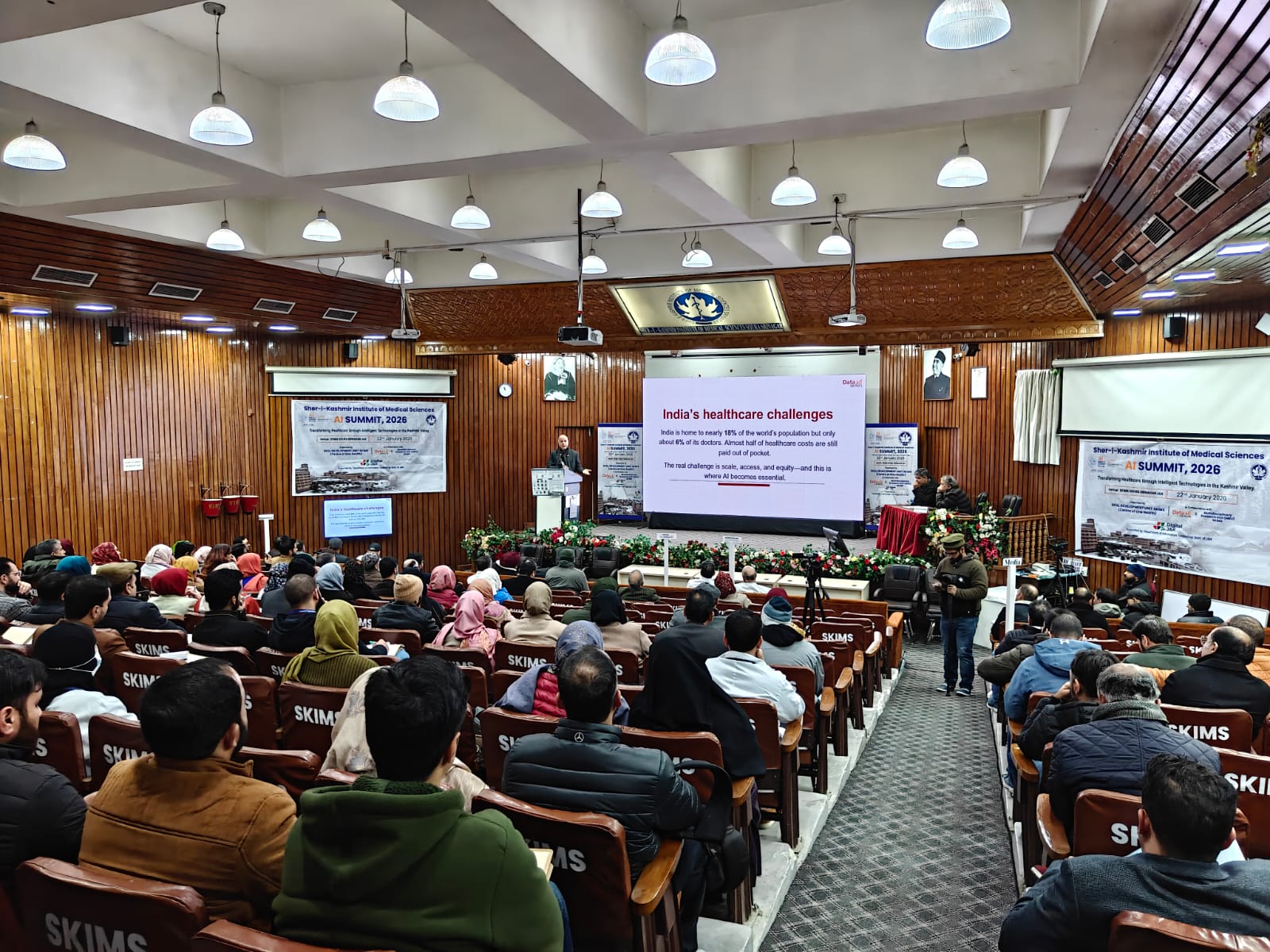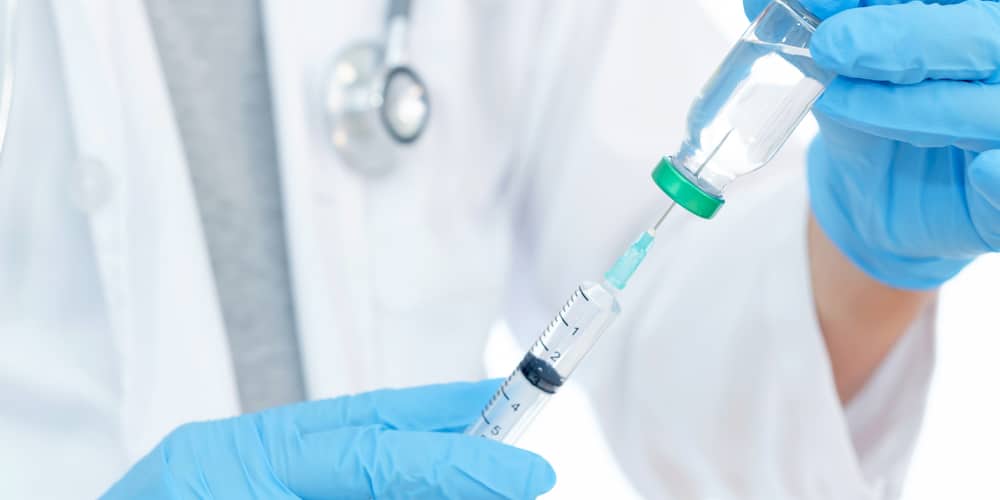Tele MANAS launches mobile app and video consultation services
Over 11 crore people in India suffer from mental health disorders, with 80% (8.8 crore) of them not seeking help
Author
Author
- admin / 1 year

- 0
- 4 min read

Author
Marking its two-year anniversary on World Mental Health Day, October 10, the National Tele Mental Health Programme (NTMHP) expanded its reach with the launch of the Tele MANAS mobile app and video consultation services, enhancing access to mental health support across the country.
Over 11 crore people in India suffer from mental health disorders, with 80% (8.8 crore) of them not seeking help. Each year, more than 1 lakh people die by suicide, and countless others attempt to end their lives, calling for the urgent need for intervention.
Tele MANAS has reached a significant milestone, handling over 14.7 lakh calls since its launch, demonstrating its vital role in providing mental health support across the country.
The Indian government says the Tele MANAS app serves as a comprehensive platform offering mental health resources, including self-care tips, stress management strategies, and tools to recognize early distress signals. It engages users through interactive activities like mind challenges, games, and mindfulness practices, ensuring a user-friendly experience. The app also provides free, confidential counseling 24/7, connecting users with trained mental health professionals across India.
Video consultations add another layer to the existing audio call services, allowing mental health professionals to conduct more thorough assessments by observing the caller directly.
Tele MANAS, introduced as a toll-free helpline (14416) available nationwide, offers telephone-based counselling, psychotherapy, psychiatric consultations, and referral services, including urgent care, without the barriers of distance or cost.
Key achievements of the program include:
- Establishment of 52 Tele MANAS Cells across various states, ensuring local access to mental health services
- Collaboration with 23 Mentoring Institutes that enhance the program’s capacity and outreach through expert guidance and support
- Creation of 5 Regional Coordinating Centers to streamline operations and facilitate coordination among Tele MANAS Cells, ensuring efficient service delivery.
According to the Ministry of Health and Family Welfare government of India, Tele MANAS has made mental healthcare more accessible to millions across India, ensuring that people, especially in remote areas, receive timely support.
The World Health Organization (WHO) has hailed Tele MANAS as an innovative and effective model for delivering mental health care.
Dr. Roderico H. Ofrin, WHO Representative to India, congratulated the Ministry of Health for the program’s success over the past two years, saying that the WHO’s review of Tele MANAS highlighted its potential to significantly improve mental health outcomes.
Need for Tele MANAS
India, home to 18% of the global population, faces a significant mental health crisis, with mental disorders being the second leading cause of years lived with disability (YLDs) and suicide ranking as the third leading cause of death in many states. National studies reveal that 15% of India’s adult population experiences mental health issues requiring intervention, yet the treatment gap ranges from 70-92%, leaving millions without access to care.
Tele MANAS was established to bridge this gap and make mental healthcare accessible to all. By offering counseling, psychotherapy, and referral services via telephone, the program provides a lifeline to individuals who might otherwise be unable to seek help. Most mental health issues do not require specialized care but can be managed effectively by trained healthcare providers, ensuring that no individual faces discrimination or neglect due to mental illness.
Aim and Objectives
The primary aim of Tele MANAS is to provide universal access to equitable, affordable, and quality mental health care through a 24×7 tele-mental health service, forming a key digital component of the National Mental Health Programme (NMHP). This service is available across all Indian States and Union Territories, with assured linkages to ensure seamless care.
In cases where advanced treatment is needed, Tele MANAS refers individuals to appropriate mental health establishments for further evaluation and care.
Tele MANAS offers guidance on issues like sleep disturbances, technology overuse, substance misuse, and more. It extends support to parents and caregivers of children and adolescents with developmental disorders such as intellectual disabilities, autism, and ADHD.
Also read: India’s tele-mental health centres received 1.36 million calls since 2022 launch – First Check









